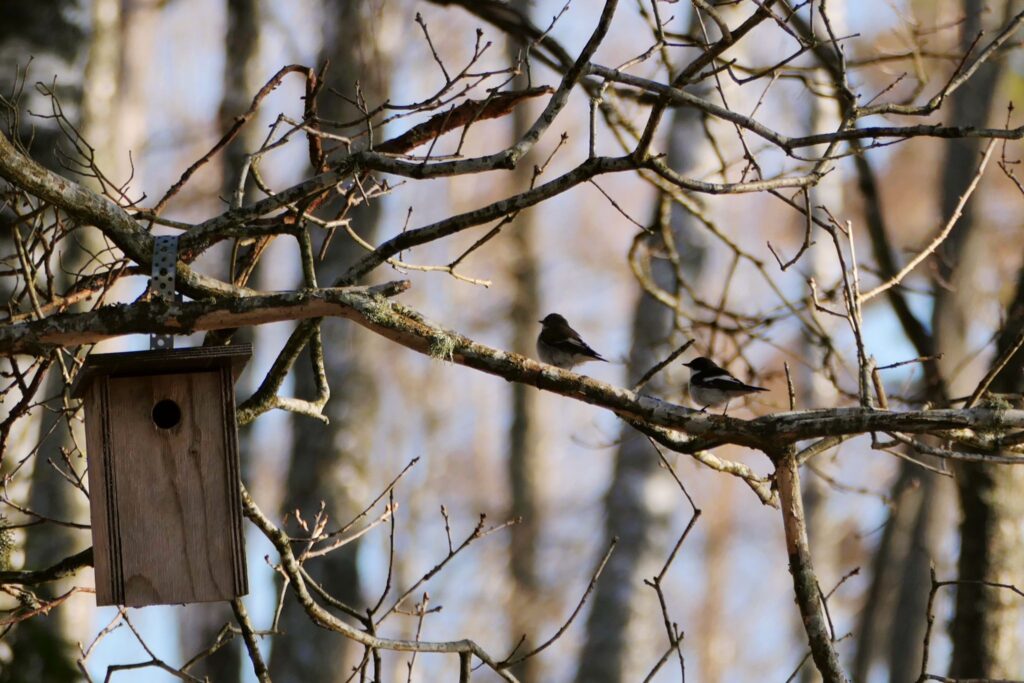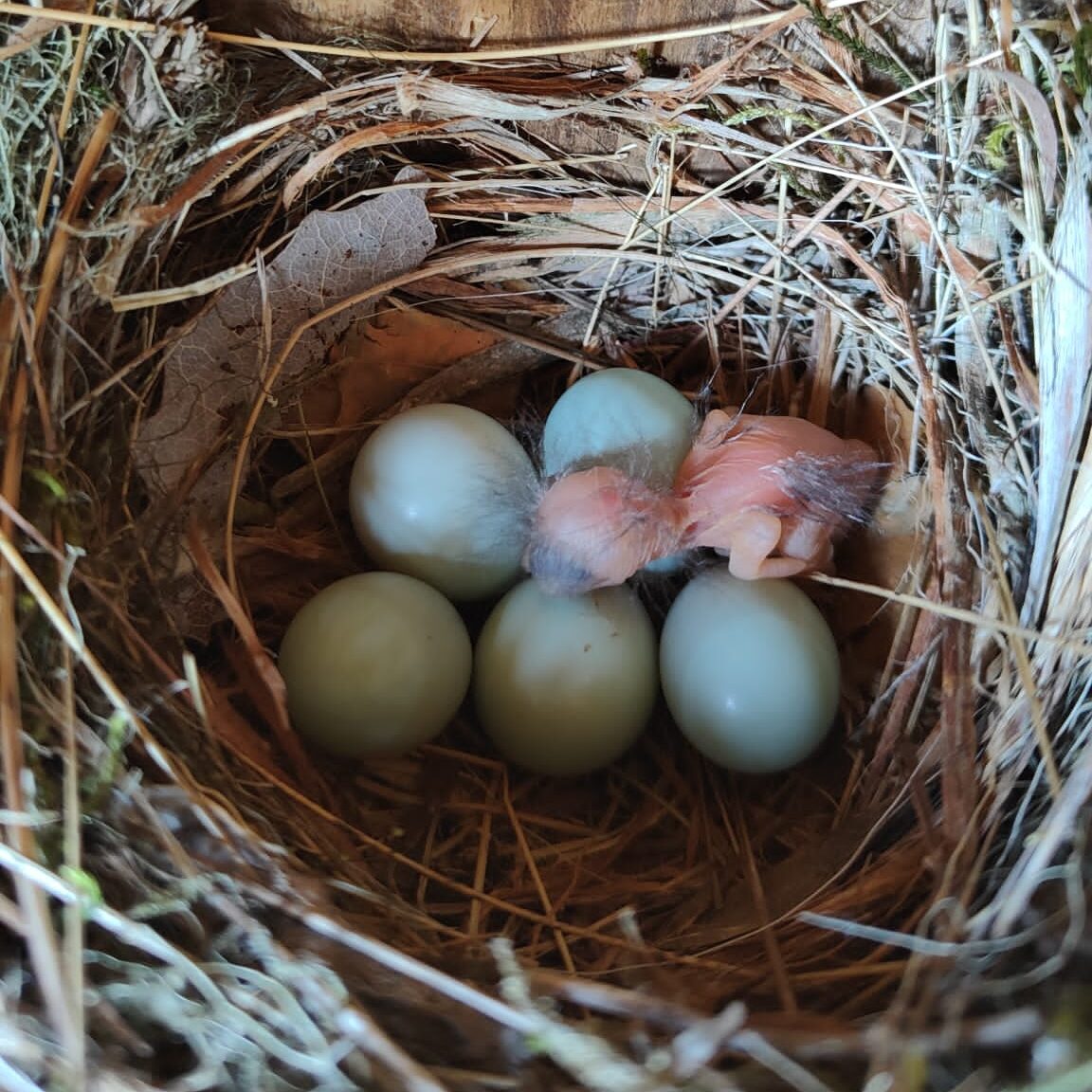
BACKGROUND
Sexual signals
Sexual signals are vital for animals to identify and evaluate potential mates as they reflect aspects of fitness potential. Complex signals, which may include behavioural displays or vocalisations can be costly to produce, but can enhance mating success by attracting more or higher-quality mates. Females use sexual signals to assess and select mates, potentially gaining direct and indirect benefits.
Song
In songbirds, songs play a key role in sexual selection, aiding males in attracting females and deterring competitors. Songs vary greatly across males and are significant in female choice, yet, the reasons why some songs are more attractive than others remain poorly understood.
Hypotheses

The developmental stress hypothesis suggests that the quality of adult bird songs may reflect the environmental conditions experienced during early life. Since song learning occurs during a critical period in early development, environmental stressors at this time could hinder effective songs learning. This hypothesis links cognition and song, proposing that factors like sibling competition, malnutrition, low temperatures, or poor-quality parental care during nestling development could affect both cognition and adult song features. Females can gauge how well males coped with early stress by listening to their songs, enabling them to avoid stressed males.
The cognitive capacity hypothesis proposes that females select mates based on their cognitive abilities, using their song as a proxy. Superior singers are thought to not only be better at acquiring, memorising, and producing complex songs but also at other brain-powered tasks such as inhibitory control, problem-solving and decision-making, indicating to females that they experienced minimal stress as juveniles.
The developmental stress hypothesis and the cognitive capacity hypothesis are intrinsically linked as they both explore the question of maintaining honesty in song.
Habitat quality
Selecting a high-quality breeding site is crucial for reproductive success. The presence of heterospecific competitors can indicate resource availability but it often comes with competition costs. Males are thought to process this information when establishing a territory, a cognitive task that can be influenced by individual experience and skills. Therefore, having higher cognitive abilities may enhance fitness by improving habitat exploitation (choosing suitable nest site, which material to use, or how to defend against threats). In species where song complexity correlates with cognition, complex singers might occupy superior territories. However, research exploring the connection between habitat quality, cognitive abilities, and song complexity in wild songbirds remains limited.
AIMS

Is there a relationship between cognition and song complexity? Habitat quality? Fitness?
My research delves into these intriguing questions to uncover the hidden connections in the world of European pied flycatchers. By studying their cognitive abilities and song complexity, I aim to shed light on how these factors interplay with habitat quality and overall fitness.